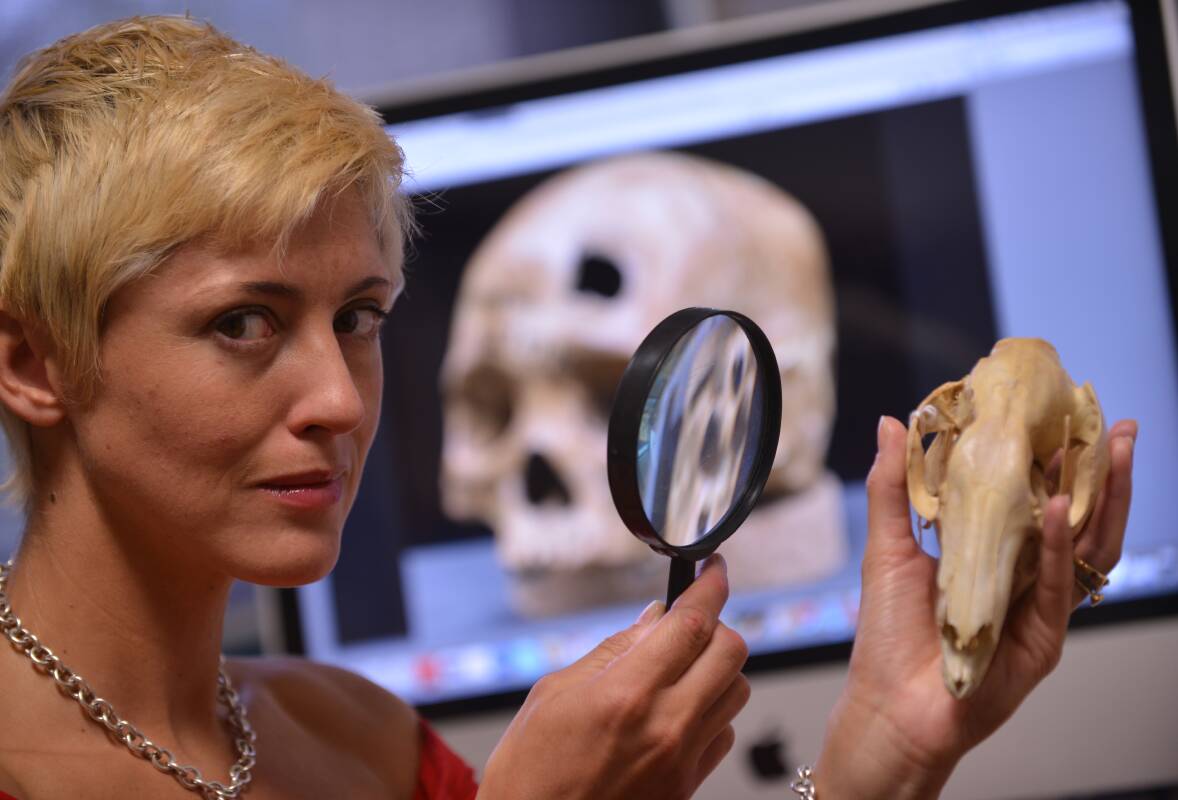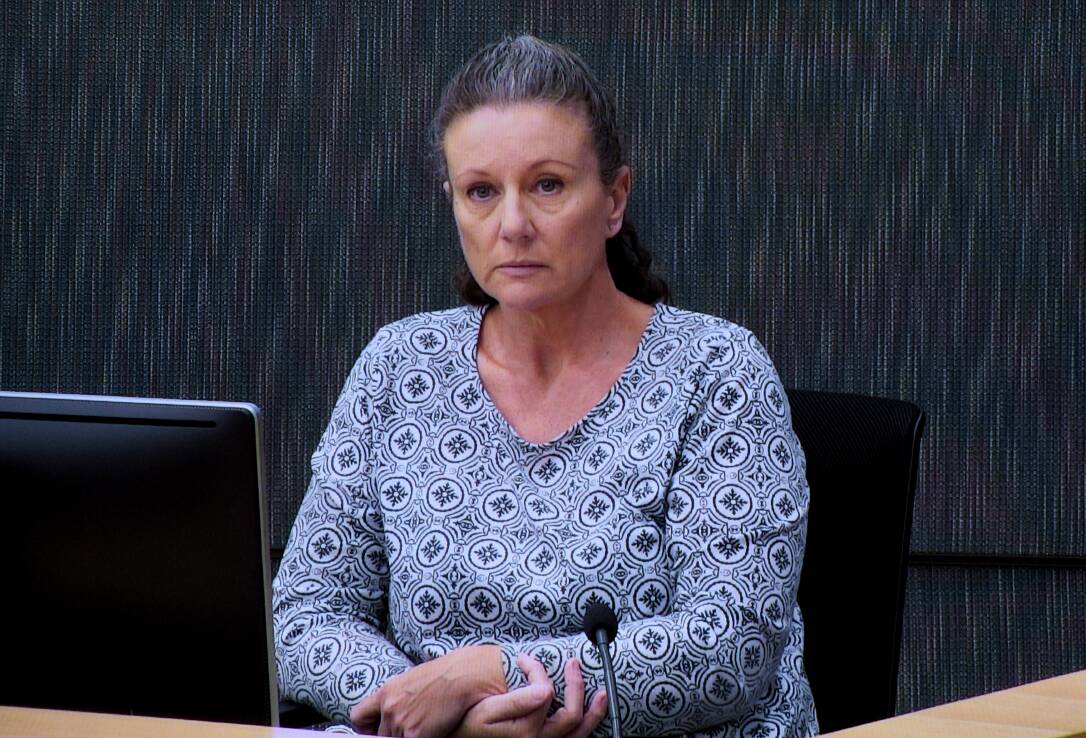
Is Kathleen Folbigg Australia's worst female serial killer or worst example in recent times of a miscarriage of justice?
Forensic criminologist Dr Xanthe Mallett says "the science is showing the latter".
Dr Mallett will give a lecture in Newcastle on Thursday about "the intersection between science and law".
Folbigg, 55, was jailed for at least 25 years in 2003 after she was found guilty of killing her four babies - Caleb, Patrick, Sarah and Laura - at Singleton in the decade from 1989. She has denied the killings.
Dr Mallett, an Associate Professor of Criminology at the University of Newcastle, said it was "the pattern of the four children's deaths" that led to the conviction.
"However, now the science says the two girls had genetic mutations that probably led to their hearts going into cardiac arrest as a result of infections. So those two children likely died as a result of these genetic mutations.
"Eminent scientists have agreed to that from all over the world. The two boys have a different rare mutation, which could have led to early death.
"The foundation of the successful conviction no longer exists."

She said this information wasn't available in 2003 when Folbigg was jailed.
"Only in 2019 were these genetic mutations identified," she said.
"Ninety scientists signed a petition to the Attorney General to have her conviction quashed.
"We have Nobel laureates saying this is an error of law. So how does the law catch up when the science is so strong?"
Dr Mallett said what happened to Folbigg "could happen to any of us".
"If the law ignores such strong evidence to say this is a miscarriage of justice, a wrongful conviction, what does that say about the idea of 'beyond reasonable doubt' for anybody accused of a crime?"
Dr Mallett said the law needs reform.
She said the "compelling new evidence" wasn't available during the appeal process and keeping a person in prison in a case like this was "not justice".
"We need a national review body separate to the judiciary and police that can look at potential wrongful convictions objectively," she said.
She said matters like the Folbigg case should be taken out of the hands of the NSW Attorney General.
"It's a political position at the end of the day and this is a very high profile case.
"There needs to be an independent body that can oversee issues such as this for the benefit of everybody in Australia. We all need to know the criminal justice system works."
A retired judge is due to begin hearing evidence in November at the second inquiry into Folbigg's convictions, held in response to the petition from the prominent scientists which called for her to be pardoned.
The Hunter Branch of the Royal Society of NSW will host the free lecture on Thursday at the Newcastle Club at 5.15pm.







